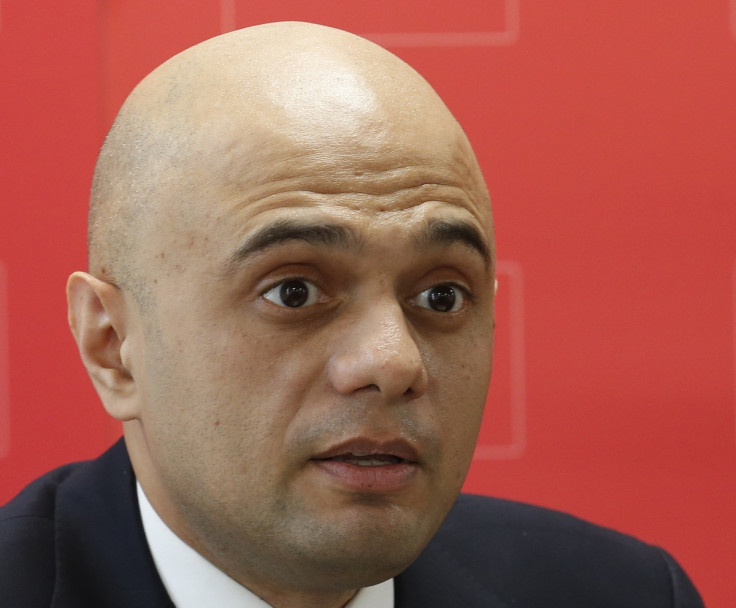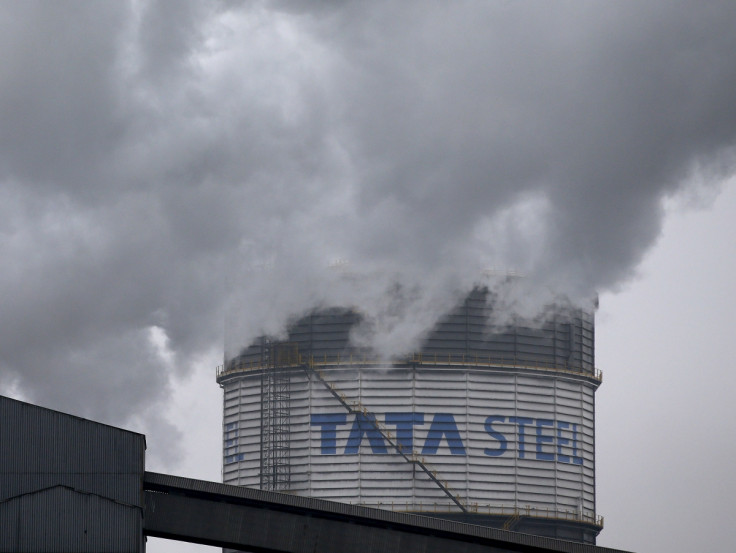MPs say Business Secretary Javid had 'no idea of the severity' of the Tata Steel UK crisis

Business Secretary Sajid Javid has finally admitted that he had failed to grasp the importance of the Tata Steel board meeting held in Mumbai in March to decide on the future of its steel operations in the country. No British minister was present in Mumbai to monitor developments at Tata Steel.
Appearing before the House of Commons' business select committee late night on 28 April, he conceded that he should have flown to Mumbai to meet Tata Steel's senior directors. And his reason for not going to the meeting? "If I want to turn up for a photo opportunity the day before the board meeting, that might look great in the papers but it would not have helped the workers."
"He [Javid] had no idea as to the severity of the crisis and the enormity of the news arising from the Mumbai meeting."
He admitted that he was unaware that Tata would decide to completely pull out of the UK. "We expected a board decision around Port Talbot. What we didn't expect was the news around that decision," he told the committee.
When asked, given the developments, whether he should have gone to Mumbai, he said: "Knowing [now] what they actually said and how it was reported, of course I would have. The reality was that I didn't know exactly what they were going to say and how it was going to be reported."
He admitted to the committee: "Around mid-February, Tata headquarters in India informed us they were seriously considering closing Port Talbot. My fear was that if that was the decision that went to the board [meeting of Tata 29 March], it was reasonable to assume the board would ... carry out the closure."
Instead of being present at the board meeting, Javid instead went on a business trip to Australia with his daughter. He told the committee that he would "do everything in my power to help, but that is all I can do. I cannot change the price of steel globally."
"The reality was that I didn't know exactly what they were going to say and how it was going to be reported."
His evidence however did not sit well with the committee. Its chairman Iain Wright said: "The secretary of state's comments appeared contradictory but seemed to confirm that he had no idea as to the severity of the crisis and the enormity of the news arising from the Mumbai meeting."
Wright added: "His evidence to the committee does not provide any reassurance that he was on top of the situation and that his department had the warning systems in place to pre-empt or mitigate the crisis affecting the British steel industry,"
Tata Steel warns of bad consequences of pensions blackhole

At the same hearing, Tata Steel UK's Chief Executive Bimlendra Jha warned that if the pension deficit at its UK operations is not resolved, "we are staring at some very bad consequences for the taxpayer. We are staring at a huge economic and social disaster."
Tata Steel UK's pension liabilities currently stand at almost £15bn. He stressed that resolving the pension blackhole was key to seeking a buyer, noting that the company had been pumping more than £100m a year into the pension scheme just to fund its liabilities. The scheme could possibly enter the Pension Protection Fund.
"We would not be selling the business if we were not losing money., " Jha said, adding that the UK had structural weaknesses enveloping energy prices and business rates that affected the industry. The UK operations was losing about £1m a day, he said.
Jha said Tata was not keen to break up the UK business, especially splitting up Port Talbot as it would affect the pension scheme. "We would not deal with somebody saying leave along Port Talbot and give us the rest. That is not a solution that's acceptable," he said.
Javid however insisted that there was no big risk to the public purse from the pension liabilities saying that talks were underway between the trustees of the British Steel Pension Scheme and the Pensions Regulator.
© Copyright IBTimes 2025. All rights reserved.




















